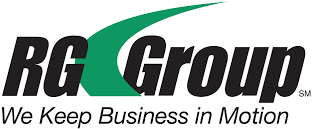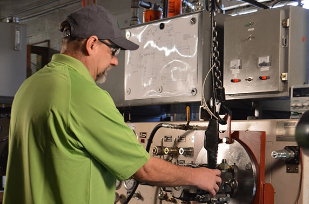In my business we use letters and numbers to call out part numbers or model codes. Many times when we are speaking on the phone words are used to represent letters, but people seem to make up their own words like using September for “S”, when most people know that the only calendar designation is “N” for November? If people are making up the word designations then there must be a need to clarify a letter clearly, right? If you were in any of the armed forces around the world you surely used a standard set of words to represent the alphabet.
Well this topic is not new. There are standards that have been around for almost 100 years. Although the standards have changed, the one most people around the world are familiar with is the NATO (North American Treaty Organization), which devised the current standard in the mid 1950’s. NATO adopted the work done by the International Commission of Aviation Organization (ICAO). You have likely heard the letters of the English alphabet called out as Alpha, Bravo, Charlie, Delta, etc. Here is a link to some of the history.
https://www.nato.int/cps/ic/natohq/declassified_136216.htm
But, that is not where the alphabets got their start. When two way radio communication got its start in the early 20th century the International Telecommunications Union (ITU), assigned words to letters of the alphabet to be used on radio transmissions because in the early days the spoken word was not very clear on radio waves and was often staticy or crackly. Back then they used cities as the call outs such as Amsterdam, Baltimore, Casablanca, Denmark, etc. Thru out World War One and World War Two there were standards used in the military, but no international standard.
Then in 1948–1949, Jean-Paul Vinay, a professor of linguistics at the Université de Montréal worked with the International Commission of Aviation Organization (ICAO) to research and develop a new alphabet. ICAO’s directions to him were that, to be considered, a word must:
- Be a “live” word in each of the three major working languages of English, French and Spanish.
- Be easily recognized and pronounced by airman of all languages.
- Have good radio transmission and readability characteristics.
- Have a similar spelling in at least English, French, and Spanish.
- The initial letter must be the letter the word identifies.
- Be free from any association with objectionable meanings.
I would ask that if you ever have the need to substitute words for letter please use the NATO phonetic alphabet, adopted officially in 1956 are assigned to the 26 letters of the English alphabet (letter in bold) in alphabetical order as follows: Alfa, Bravo, Charlie, Delta, Echo, Foxtrot, Golf, Hotel, India, Juliett, Kilo, Lima, Mike, November, Oscar, Papa, Quebec, Romeo, Sierra, Tango, Uniform, Victor, Whiskey, X-ray, Yankee, Zulu.

So, I ask you why people will continue to make up their own words for letters when there are international standards that are much clearer than you telling me “S – September”.





